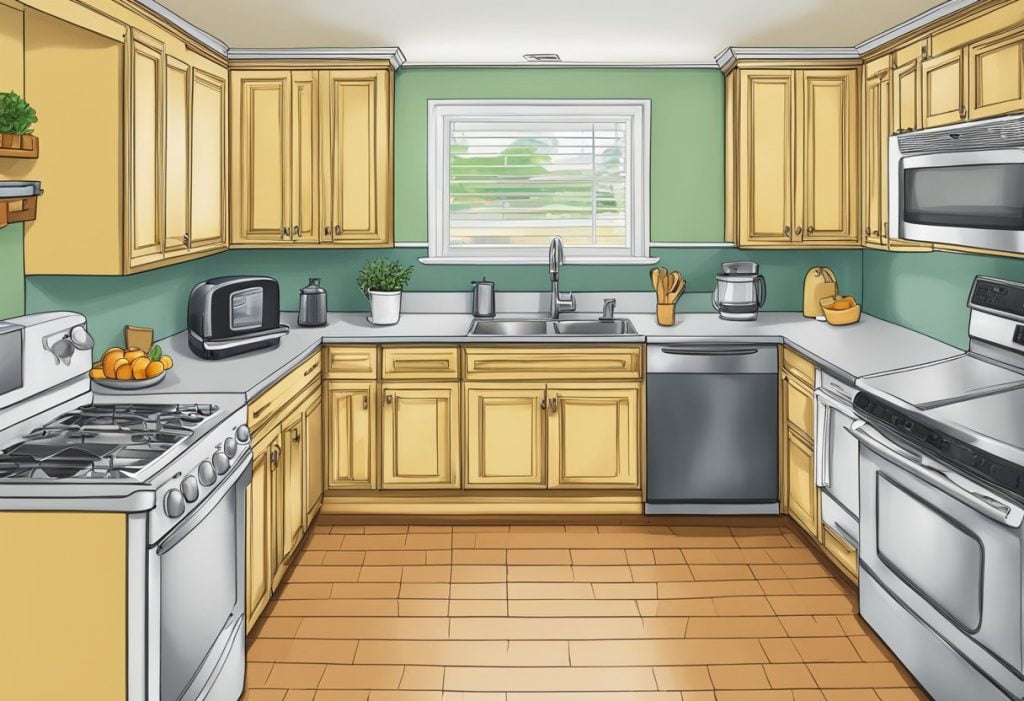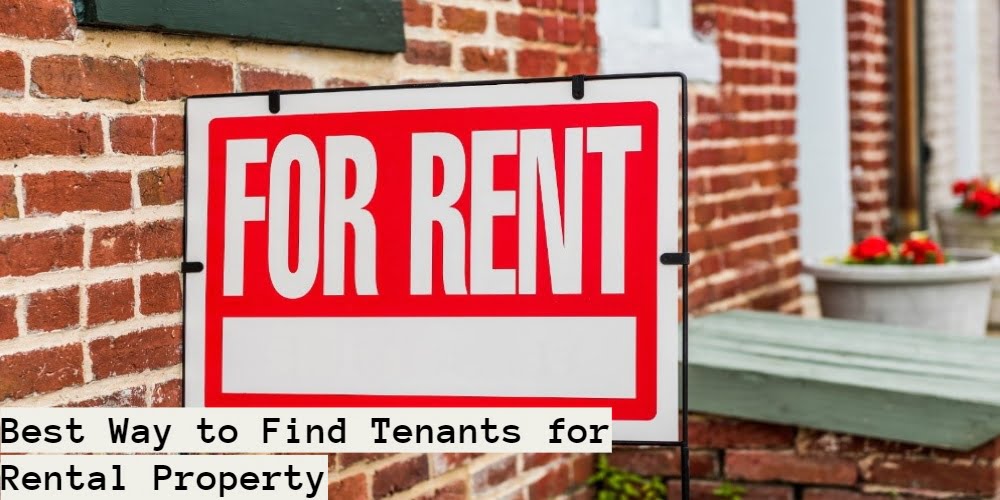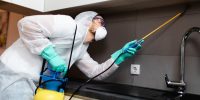Last Updated on March 18, 2024 by Kelvin Nielsen
When it comes to rental properties in Florida, one of the most common points of contention between landlords and tenants is the responsibility for appliances. Who is responsible for maintaining, repairing, and replacing appliances in a rental property?
The answer is not always straightforward and can depend on various factors such as the lease agreement and Florida law.

Under Florida law, landlords are required to maintain the rental property in a habitable condition, which includes providing working appliances. However, tenants also have certain responsibilities when it comes to appliances, such as using them properly and reporting any issues in a timely manner.
The lease agreement between the landlord and tenant can also outline specific responsibilities for both parties when it comes to appliances.
Related Posts:
- How Often Must Landlords Repair Damaged Window Screens in Florida?
- Can a Landlord Terminate a Lease Early in Florida?
- Are Landlords Responsible for Pest Control in Florida?
Landlord Responsibilities for Appliances
As a landlord in Florida, it is important to understand your responsibilities when it comes to the appliances in your rental property. This section will cover the maintenance, repairs, and health and safety codes that you must comply with.
Maintenance and Repairs
Landlords in Florida are responsible for maintaining their rental properties in good repair, including the appliances that are provided to tenants. This means that if an appliance breaks down or stops functioning properly, the landlord is responsible for repairing or replacing it in a timely manner.
It is also important to note that landlords must ensure that all appliances are in good working condition before a new tenant moves in. This includes checking the heating, air conditioning, plumbing, and electrical systems.
Health and Safety Codes
Florida landlords must comply with certain health and safety codes to ensure that their rental properties are habitable for tenants. This includes making sure that all appliances are safe and in good working condition.
For example, landlords are required to provide functioning smoke detectors in all rental units. They must also ensure that all facilities, including appliances, meet safety standards and health codes.
In summary, Florida landlords are responsible for maintaining and repairing appliances in their rental properties and ensuring that they comply with health and safety codes.
Related Posts:
- Florida Tenant Rights When Landlord Sells Property
- Roommate Laws in Florida
- Can Landlords Shut Off Electricity in Florida?
Tenant Rights and Obligations
Reporting and Repair Requests
As a tenant in Florida, you have the right to a safe and habitable dwelling. If an appliance in your rental property is not functioning properly, it is your obligation to report the issue to your landlord in writing.
The lease agreement should outline the procedures for reporting and repair requests, which typically include a specific timeframe for the landlord to respond and make necessary repairs. If the landlord fails to make the repairs within the specified timeframe, you may have the right to withhold rent or take legal action.
Withholding Rent and Legal Recourse
In Florida, tenants have the legal right to withhold rent if the landlord fails to make necessary repairs within seven days of receiving written notice. However, it is important to note that tenants must continue to pay rent for any portion of the property that is still habitable. If the landlord retaliates against the tenant for reporting the issue or withholding rent, the tenant may have legal recourse.
Overall, tenants in Florida have rights and obligations when it comes to reporting and repairing appliances in a rental property. It is important to understand these rights and obligations to ensure a safe and habitable living environment.
Frequently Asked Questions

What are the legal obligations of Florida landlords regarding appliance maintenance?
Florida landlords are legally required to maintain the rental property in a habitable condition, which includes ensuring that all appliances provided with the rental unit are in good working order. Landlords must also comply with all applicable health and safety codes.
Are landlords required to repair or replace broken appliances in Florida rental units?
Florida law does not require landlords to repair or replace broken appliances unless the lease agreement specifically states otherwise. However, landlords must ensure that all appliances are in good working order at the time of rental.
Which appliances must a Florida landlord provide by law in a rental property?
Florida law does not require landlords to provide any specific appliances in a rental property. However, if appliances are provided, they must be in good working order at the time of rental.
How does the appliance clause in a lease affect responsibility in Florida rentals?
The appliance clause in a lease agreement determines which party is responsible for maintaining and repairing the appliances provided with the rental unit. If the lease agreement states that the landlord is responsible for appliance maintenance, then the landlord must repair or replace any broken appliances. If the lease agreement states that the tenant is responsible, then the tenant must repair or replace any broken appliances.
What are tenant responsibilities for appliance upkeep in Florida rentals?
Tenants are responsible for using appliances in a reasonable and safe manner and reporting any malfunctions or unsafe conditions to the landlord. Tenants must also keep the appliances clean and free from damage caused by negligence or misuse.
Under Florida law, what constitutes an unsafe appliance condition in a rental property?
An unsafe appliance condition in a rental property is any condition that poses a risk of harm to the tenant or others. This may include electrical malfunctions, gas leaks, or other hazards that could cause injury or property damage. Landlords are required to promptly repair or replace any unsafe appliances.
Disclosure: The content herein isn’t a substitute for advice from a professional attorney. It’s only meant to serve educational purposes. If you have a specific question, kindly seek expert attorney services.
Sources: FL Statutes Chapter 83 Part II, Warranty of Habitability in Florida

Amanda Rose is a seasoned landlord with 13+ years of expertise in overseeing diverse properties. Her adept management spans single and family homes, along with multi-family apartments and condos, across Wyoming and South Dakota. Her commitment and proficiency have cemented her status as a thriving property management professional.
She is a member of the following organizations: Wyoming Landlord’s Association, National Association of Residential Property Managers (NARPM), Wyoming Apartment Association, South Dakota Multi-Housing Association (SDMHA), and South Dakota Landlord Association (SDLA).







